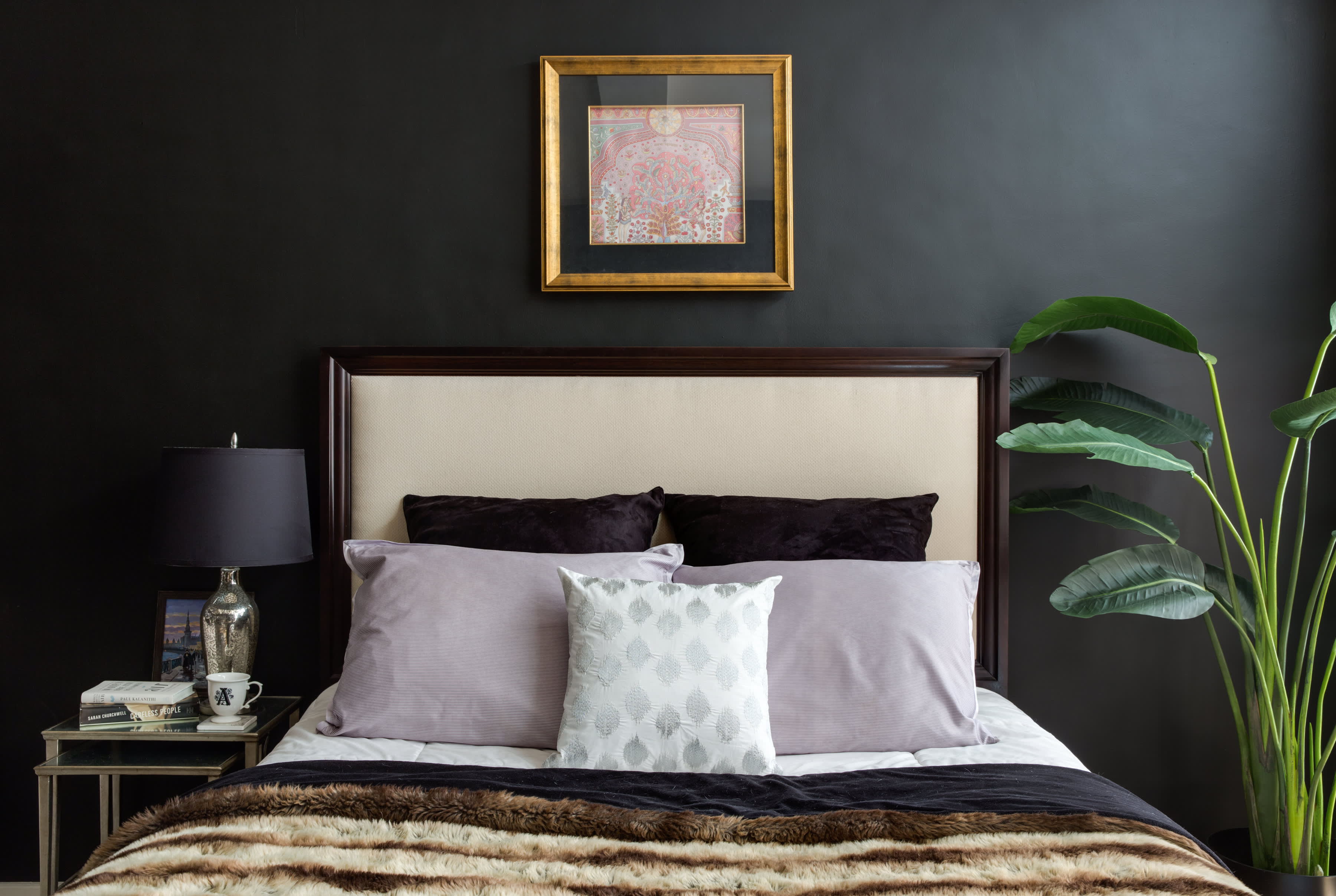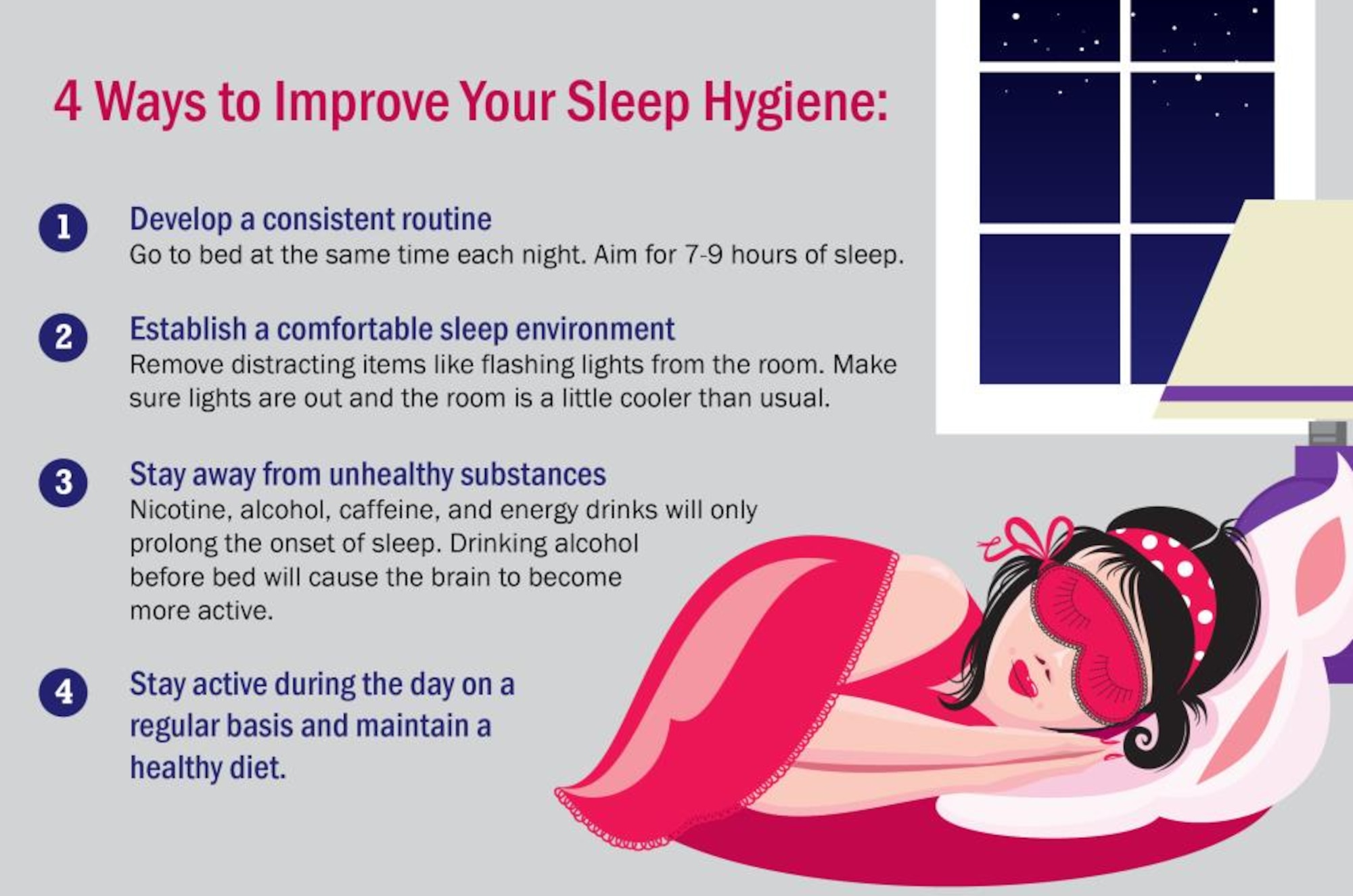Are you tired of tossing and turning all night like a rotisserie chicken? Do you wake up feeling more like a zombie than a human being? It’s time to bid farewell to those restless nights and hello to a restful routine that will have you sleeping like a baby (minus the crying and diaper changes). In this article, we’ll dive into the world of sleep hygiene and explore how you can create a bedtime routine that will knock your socks off (literally, because who wants to sleep with socks on?). So grab your teddy bear and get ready to catch some z’s, because it’s time to turn your bedroom into a sanctuary and your bed into a cloud of dreams.
Establishing a Consistent Bedtime Routine
So, you want to establish a consistent bedtime routine? Well, look no further because I’ve got all the tips and tricks you need to finally get those Z’s.
First things first, let’s talk about the power of a relaxing bedtime ritual. This is key to signaling to your body that it’s time to wind down and get ready for sleep. Whether it’s a warm bath, some soothing music, or a cup of chamomile tea, find what works for you and stick to it.
Next, say goodbye to screens! That’s right, put away your phone, turn off the TV, and give your eyes a break from that pesky blue light. Instead, try reading a book, doing some gentle stretches, or practicing some mindfulness meditation before hitting the hay.
And finally, don’t underestimate the magic of a good old-fashioned bedtime routine checklist. Make a list of all the things you need to do before bed, from brushing your teeth to setting your alarm, and check them off one by one like the sleep-deprived boss you are. Trust me, your brain will thank you for it in the morning.
Limiting Exposure to Screens Before Bed
Have you ever found yourself wide awake at 3am, staring at your phone screen, wondering why you can’t fall asleep? Well, it might be time to rethink your bedtime screen habits. Here are a few tips to help you limit your exposure to screens before bed:
- Avoid looking at your phone, tablet, or computer at least 1 hour before bedtime. Instead, try reading a book or listening to calming music to help relax your mind.
- Turn on the “night mode” setting on your devices to reduce the blue light emitted, which can disrupt your body’s natural sleep-wake cycle.
- Try practicing some relaxing activities before bed, such as meditation, deep breathing exercises, or a warm bath. These can help you wind down without the need for screen time.
Remember, a good night’s sleep is essential for your overall health and well-being. So put down the screens, pick up a book, and give your eyes a break. Your body will thank you in the morning!

Creating a Relaxing Sleep Environment
When it comes to , it’s all about setting the right mood and atmosphere. Here are a few tips to help you turn your bedroom into a peaceful oasis:
- Keep it cool: Make sure your bedroom is at a comfortable temperature for sleeping. No one wants to be sweating bullets while trying to catch some Z’s!
- Dim the lights: Bright lights can be a real buzzkill when you’re trying to wind down. Opt for softer, dimmer lighting to help signal to your brain that it’s time to relax.
- Clear the clutter: A messy room can lead to a messy mind. Keep your bedroom tidy and clutter-free to create a sense of calm and serenity.
And don’t forget to treat yourself to some cozy bedding and maybe even invest in a plush mattress. After all, you spend about a third of your life in bed, so why not make it as comfortable as possible? Sweet dreams!

Avoiding Stimulants and Heavy Meals Before Bed
Picture this: it’s late at night, you’re finally ready to hit the hay, but your stomach is rumbling like a pack of hungry wolves. What do you do? Reach for that tempting bag of potato chips and a can of soda? Think again, my friend! Avoid stimulants and heavy meals before bed to ensure a restful night’s sleep.
Instead of chugging down that oh-so-tempting cup of coffee or energy drink, opt for a soothing cup of herbal tea. Not only will it help relax your mind and body, but it also won’t keep you tossing and turning all night. Plus, herbal tea comes in a variety of flavors, so you can pick one that tickles your taste buds!
When it comes to late-night snacks, say no to heavy, greasy meals that will have you waking up feeling like a bloated balloon in the morning. Instead, reach for light and easily digestible foods like fruits, yogurt, or a small handful of nuts. Your stomach will thank you, and so will your waistline!
Remember, a bedtime routine that doesn’t involve stimulants and heavy meals is the key to a peaceful night’s sleep. So, put down that bag of chips, skip the coffee, and indulge in some delicious, yet light snacks to ensure you wake up feeling refreshed and ready to tackle the day ahead!

Incorporating Physical Activity into Your Daily Routine
Who says exercise has to be boring? With a little creativity, you can sneak physical activity into your daily routine without even realizing it!
Instead of taking the elevator, why not take the stairs? Not only will you get your heart rate up, but you’ll also avoid awkward elevator small talk. Plus, think of all the extra steps you’ll get in – it’s like hitting the jackpot on your Fitbit!
Another fun way to incorporate physical activity into your day is by turning household chores into a workout. Vacuuming? That’s basically cardio. Scrubbing the bathtub? Hello, arm day! You’ll have a spotless home and toned muscles in no time.
And don’t forget about dancing! Whether you’re cooking dinner or getting ready in the morning, crank up your favorite tunes and bust a move. It’s a fun way to get your heart pumping and start your day off on the right foot. Who knew exercise could be so entertaining?
Practicing Relaxation Techniques Before Bedtime
Feeling wound up like a clock before bedtime? It’s time to unwind with some relaxation techniques that will have you snoozing in no time!
First up, try some deep breathing exercises to calm your mind and body. Inhale slowly through your nose, hold for a second, and then exhale through your mouth. Repeat this process several times until you start to feel more relaxed.
Next, why not indulge in some gentle stretching to release tension in your muscles? Focus on areas like your neck, shoulders, and back, and hold each stretch for at least 30 seconds. You’ll be feeling as loose as a noodle in no time!
And finally, don’t forget to create a soothing bedtime routine to signal to your body that it’s time to wind down. Whether it’s sipping a cup of chamomile tea, reading a few chapters of your favorite book, or listening to some calming music, find what works best for you and stick to it. Before you know it, you’ll be drifting off to dreamland in no time!
FAQs
How can I create a restful routine?
To create a restful routine, start by setting a consistent bedtime and wake-up time. Avoid caffeine and electronics before bed, and try to unwind with a relaxing activity like reading or taking a warm bath. Creating a calm and dark sleep environment can also help improve your sleep hygiene.
Why is sleep hygiene important for overall health?
Sleep hygiene is crucial for overall health because it affects not only your physical well-being but also your mental and emotional state. Getting enough quality sleep can improve your mood, memory, and immune system, while poor sleep hygiene can lead to a range of health issues like obesity, heart disease, and depression.
What are some common sleep disruptors to avoid?
Some common sleep disruptors to avoid include consuming caffeine and alcohol before bed, using electronics in bed, and having an irregular sleep schedule. Stress and anxiety can also disrupt your sleep, so it’s important to find healthy coping mechanisms to manage these issues.
How can I reset my body’s internal clock for better sleep?
To reset your body’s internal clock, try to expose yourself to natural light during the day and avoid bright screens in the evening. Establishing a consistent sleep schedule can also help regulate your body’s sleep-wake cycle and improve your overall sleep quality.
What are some relaxation techniques to promote better sleep?
Some relaxation techniques to promote better sleep include deep breathing exercises, progressive muscle relaxation, and mindfulness meditation. These techniques can help calm your mind and body before bed, making it easier to fall asleep and stay asleep throughout the night.


